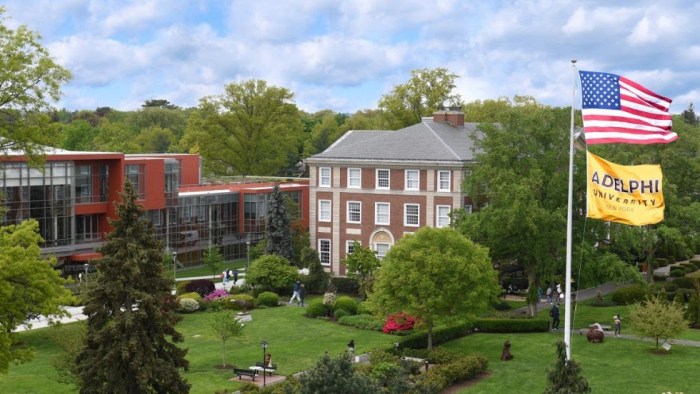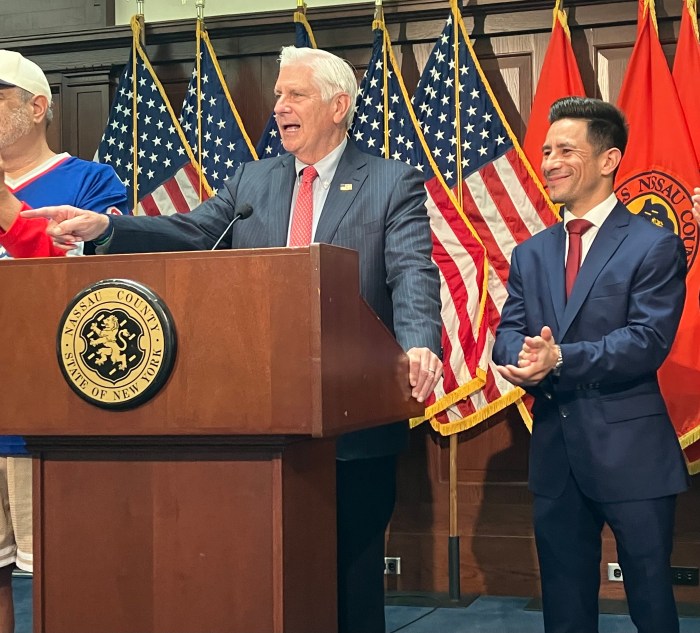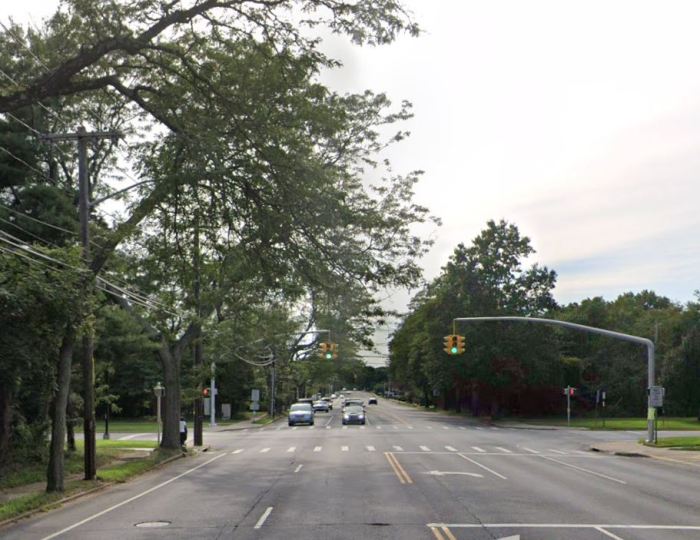New York State Governor David Paterson unveiled a two-year, $5 billion deficit reduction plan that he believes would eliminate the state’s current-year budget gap without raising taxes, as well as institute major structural reforms. However, part of the plan includes a decrease in state aid that is filtered down to local school districts including those in Nassau County. Such a decrease in school aid could find school taxes, which are already the largest part of a property owner’s property tax bill, escalate ever higher.
According to a press release from the governor’s office, school aid for 2009-2010 was projected to total $21.9 billion, an increase of $415 million or 1.9 percent from the 2008-2009 school year. However, the deficit reduction plan calls for an increase of $271 million or 1.3 percent from 2008-2009.
Adjustments have been projected for school districts in the state on the amount of aid school districts would lose for the 2009-2010 school year based on the efforts to reduce the budget gap.
The Garden City School District could stand to lose $461,119 while the Elmont School District – which includes Stewart Manor – could lose $1,118,473.
Senator Craig Johnson, who represents those communities, opposes mid-year school cuts. “There is no doubt that budget cuts have to be made now and structural changes need to be achieved in preparation for when federal stimulus funds dry up in the 2011-2012 budget,” he said. “However, these mid-stream reductions cannot be made on the backs of Long Island taxpayers. We are committed to working with our partners in government to ensure that this deficit is reduced in a way that is fair and equitable to residents across New York State.”
Governor Paterson believes the projected budget deficit has to be addressed, saying in a press release, “The fiscal challenge we must address is clear and undeniable. Revenues have continued to plummet below already conservative projections and immediate action is needed to restore the fiscal integrity of our state budget. Delaying the tough choices we must inevitably make will do nothing besides make those choices more difficult.”































